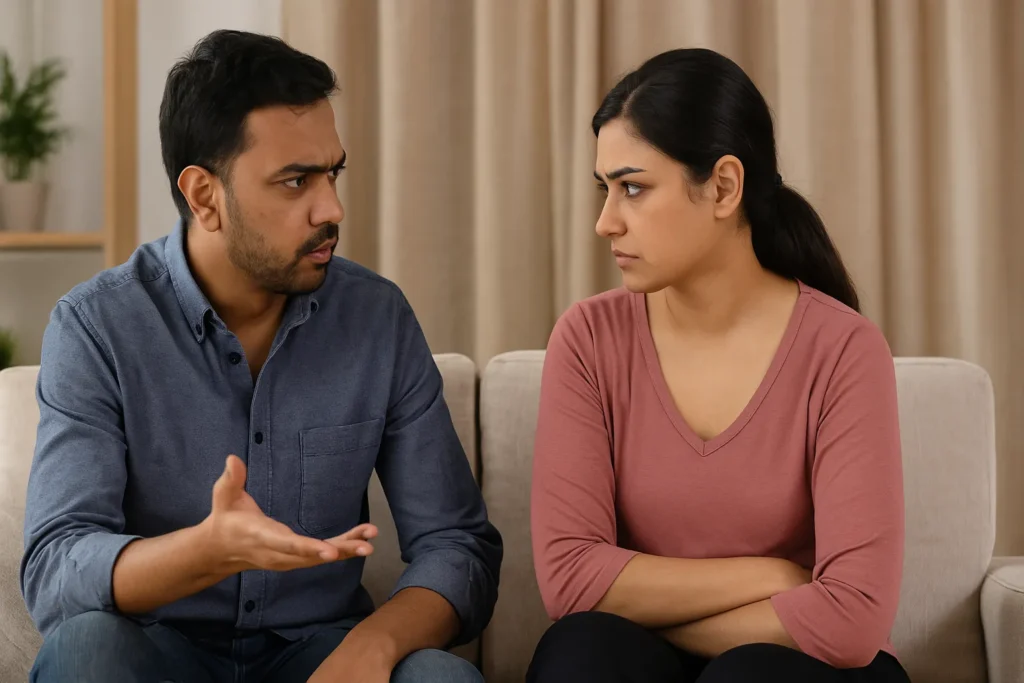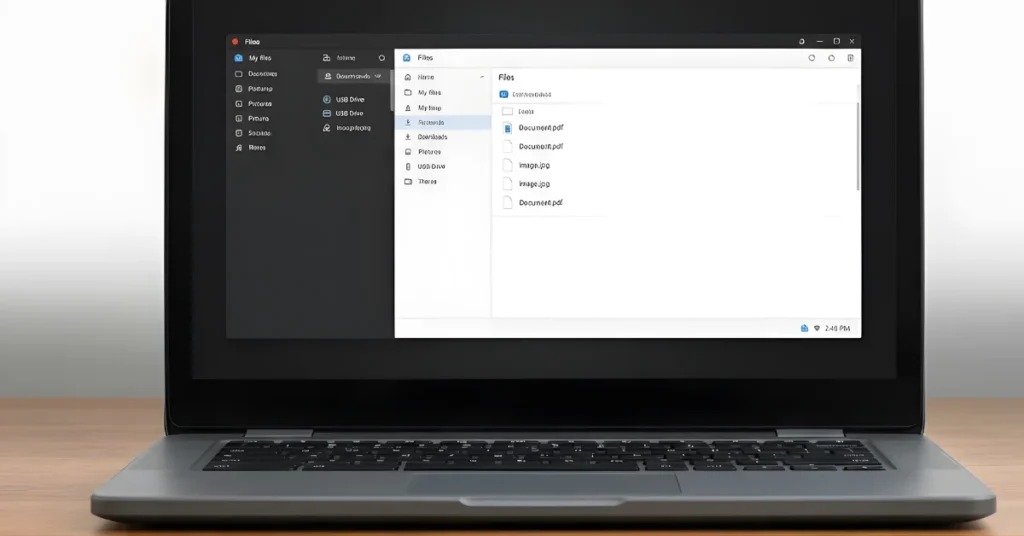Divorce is never an easy decision, but sometimes it’s the necessary path forward. Whether it’s due to irreconcilable differences or mutual understanding, knowing how to get divorce in India can help you navigate the process with clarity and confidence. In this guide, we’ll break down everything, from filing for divorce to understanding mutual consent, legal rights, and online application options. Whether you’re a husband or a wife seeking separation, this blog is designed to make the legal talk a lot simpler.
Let’s dive in.
Understanding the Basics of Divorce in India
Before diving into the ‘how,’ it’s important to understand what divorce means in India.
In simple terms, divorce is the legal dissolution of a marriage by a court. In India, the divorce process depends largely on the religion under which the couple is married. For instance:
- Hindu couples are governed by the Hindu Marriage Act, 1955
- Muslim couples by the Dissolution of Muslim Marriages Act, 1939
- Christian couples by the Indian Divorce Act, 1869
- Parsis by the Parsi Marriage and Divorce Act, 1936
- The Special Marriage Act, 1954, covers interfaith marriages
Regardless of the law, the core process usually involves filing a petition, attending hearings, and receiving a court judgment.
How to Get Divorce in India from Wife
Let’s say you’re a husband looking to legally end your marriage. Here’s what you should know.
Start with Valid Legal Grounds
Under Indian law, you can file for divorce on several grounds including:
- Cruelty (mental or physical)
- Desertion for over 2 years
- Adultery
- Conversion to another religion
- Mental disorder
- Venereal disease
- Renunciation of the world
- Presumed death (not heard of for 7+ years)
You’ll need to file a petition in a family court that has jurisdiction over the place you last lived together or where your wife currently resides.
Collect Evidence
If you’re filing on any of the above grounds (especially cruelty or adultery), strong documentation or witness support helps strengthen your case.
Follow the Court Process
Once you submit your petition, the court will notify your wife and hearings will be scheduled. If contested, the case can take months or even years. If unchallenged, the process can be quicker.
How to Get Divorce in India from Husband
Now, if you’re a wife looking to initiate divorce proceedings, here’s what you should be aware of.
Choose the Grounds That Apply
As a wife, you can also file for divorce on all the grounds mentioned earlier. Additionally, under Section 13(2) of the Hindu Marriage Act, you can file for divorce if:
- Your husband has another wife living
- You were married before 15 and repudiated the marriage before 18
- He has committed rape, sodomy, or bestiality
Legal Protection and Support
If there are concerns about safety, maintenance, or child custody, Indian law provides protective measures for women under:
- Domestic Violence Act
- Section 125 CrPC for maintenance
- Section 498A IPC for cruelty
Approach a lawyer who can guide you through both the divorce and any other support you may require.
How to Get Divorce Mutually in India

This is often the simplest and fastest route to end a marriage when both parties agree.
Mutual Consent Divorce: What Is It?
Mutual consent divorce means both spouses agree to separate without blaming or accusing one another. It’s governed under Section 13B of the Hindu Marriage Act and similar provisions under other personal laws.
Steps to File for Mutual Consent Divorce
- Joint Petition Filing:
Both husband and wife file a joint petition stating they can’t live together anymore. - First Motion Hearing:
The court records statements of both parties. - Cooling-Off Period (6 Months):
This allows both parties to rethink the decision. - Second Motion:
After six months (can be waived in some cases), a second hearing takes place. - Final Decree:
If both parties still agree, the court grants the divorce.
Mutual consent divorces are usually completed within 6–18 months and cost significantly less than contested ones.
Documents Needed for Divorce in India
Whether you’re applying individually or mutually, here’s a basic checklist:
- Marriage certificate
- ID proofs of both parties
- Address proofs
- Passport-size photographs
- Income and property details
- Proof of grounds (if applicable)
- Children’s birth certificates (if involved)
- Details of any prior legal proceedings between the couple
Make sure to keep multiple copies of these for submission and personal record. Check out our guide on How to Apply for Divorce Online to get started step-by-step.
Which Court Should You File In?
This is a common confusion. Here’s how you choose the right family court:
- Where the couple last lived together
- Where the marriage took place
- Where either party is currently residing
So if you and your spouse last lived in Delhi, but you’ve moved to Mumbai now, you can file from either place, depending on the circumstances.
Legal Costs and Duration
- Mutual Consent Divorce:
₹15,000 to ₹40,000 (approx), and takes 6–18 months - Contested Divorce:
₹50,000 to ₹2 lakhs+ (depending on complexity), and can take 2–5 years
Costs may vary based on your lawyer’s fees, number of hearings, and state court systems.
Important Tips Before Filing for Divorce
Here are a few things to keep in mind:
- Try marriage counseling before deciding.
- Discuss child custody and property division upfront.
- Maintain calm and avoid emotional decisions during legal proceedings.
- Keep all communication documented.
If you’re confused or overwhelmed, NutBolt India is a trusted place where you’ll find simplified answers to complex topics like this and more.
Final Thoughts
Understanding how to get divorce in India is about knowing your rights, options, and the legal steps involved. Whether you’re seeking to part ways from your husband, wife, or planning a mutual consent divorce, having the right information can make the journey smoother. Divorce may be the end of one chapter, but it’s also the beginning of a new one. So make your decisions wisely, stay informed, and if needed, consult a qualified family lawyer to guide you legally and emotionally through the process.













